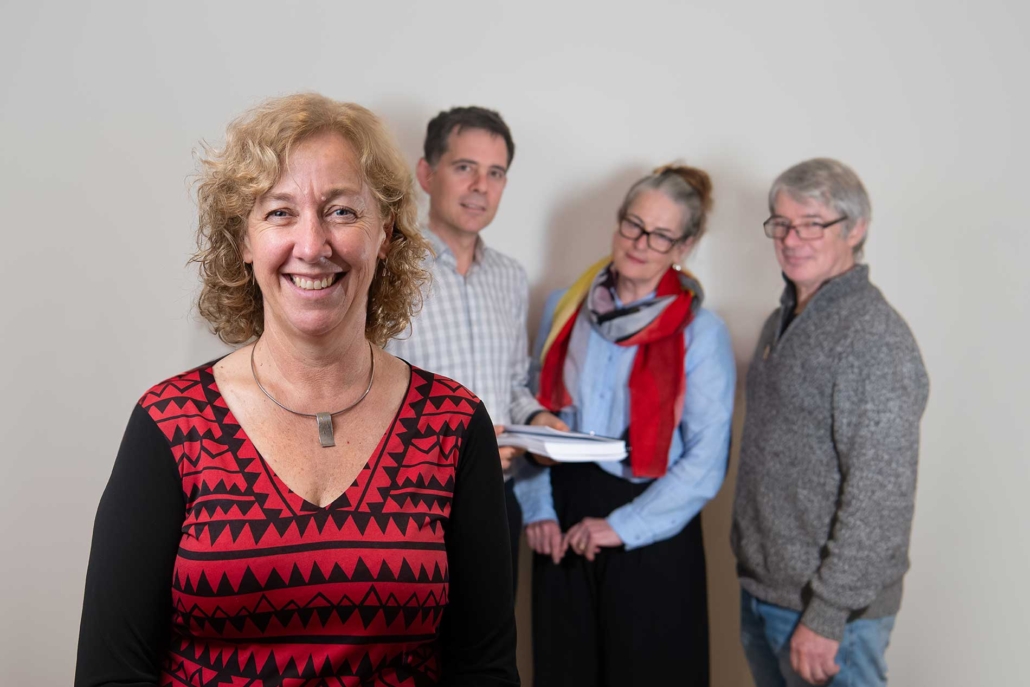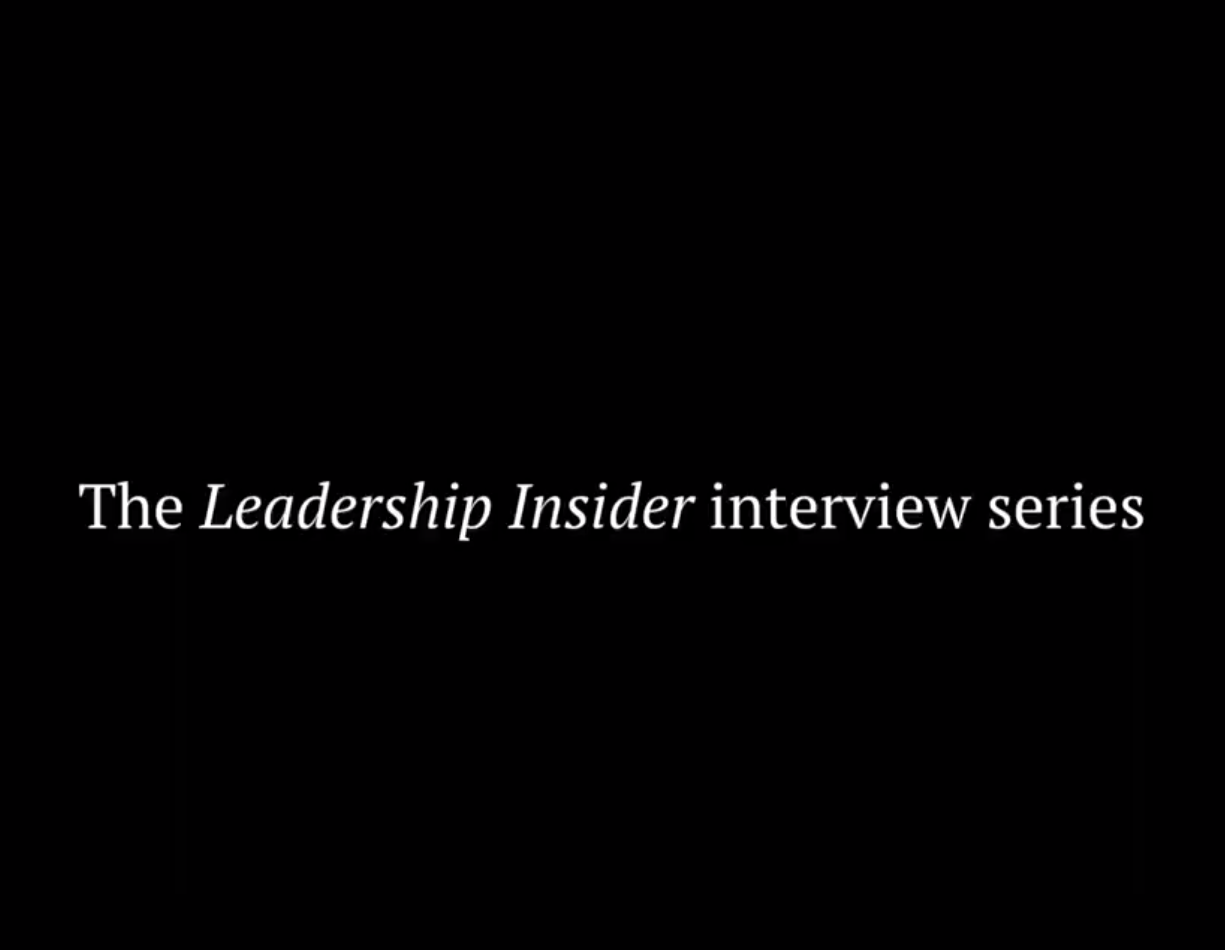Overcoming Management Hurdles: From Fixing Points to Managing Patterns for Operational Success with QBS’s Competency-Based Program
Janet Robinson (client) – Testimonial
Before engaging with QBS, our organisation had been grappling with process improvement efforts that were arduous and lacking in results. Projects often encountered roadblocks, got stuck, or were ultimately canceled. As we delved deeper into these projects, we discovered that the issues we were facing were fundamental management problems. Our team members lacked the necessary training, processes were undefined or undocumented, and expectations were unclear. We were tackling these challenges in isolation, without a comprehensive approach. Furthermore, many of our leaders lacked a basic understanding of process thinking.
Our primary goal was to enhance our leaders’ operations management skills, enabling us to efficiently address the issues we were encountering and ensure proper management of their teams.
Already tried many programs
In our quest to solve these challenges, we had implemented various leadership training programs. However, these programs did not cover the specific areas we needed to address, nor did they adopt the 70/20/10 approach, which emphasises real-life application. We also experimented with lean six sigma training, but it remained narrowly focused on solving specific problems rather than equipping leaders to effectively run their teams and solve systemic issues.
QBS worked with us to provide a competency-based program solution, which required our leaders to demonstrate the application of their learnings. The program underwent a pilot phase and was subsequently rolled out on a broader scale. QBS subsequently worked with us to introduce two further programs—one tailored for our senior leaders who were feeling left out and another for our lower-level team leaders.
70/20/10 approach
Some key takeaways and learnings we gained from the program included the effectiveness of the 70/20/10 approach and the significance of leadership support, reporting, and participant accountability. Integrating program participation into individual development plans (IDPs) and scorecards ensured a higher level of commitment. We also realised that central funding, while convenient, could lead to reduced accountability as it was not directly tied to individual budgets. Selecting the right participants was crucial, not merely choosing individuals based on availability or their desire for a qualification. It was important to identify individuals in suitably sised roles, especially at the program’s inception. Additionally, we discovered that the impacts of the program were amplified when peers and colleagues participated together. Overcoming the misconception that operational management did not apply to certain individuals was also a challenge we had to address.
Complementary fit
To embark on this transformative journey, we had to secure funding and demonstrate the program’s benefits to ensure continued support. Initially, we did not involve the Learning and Development (L&D) teams, as the program was business-funded. Eventually, the program transitioned to L&D, and there was some work to do regarding its positioning among other soft skills leadership programs. They were completely complementary.
Remarkable blend of skills
Over 10 years, we had 68 groups from all over the business do the core program leading to 470 graduates – it was our longest, continuously running leadership program. We celebrated our graduates at formal recognition ceremonies – the confidence and pride observed in our graduates was immense, as were the accolades from their leaders. We confidently observed an average of $120,000 annual benefit per graduate. I wholeheartedly recommend QBS due to their dependability, skilfulness with relating the concepts to any functional area and their ability to deliver results. They possess a remarkable blend of operational management expertise, insight and L&D capability, enabling them to design and deliver high-impact programs that drive meaningful change within organisations.
Are you ready to evaluate the operational acumen in your leaders? Download our free Leadership Skills Audit now.



 Quality Business Services
Quality Business Services

